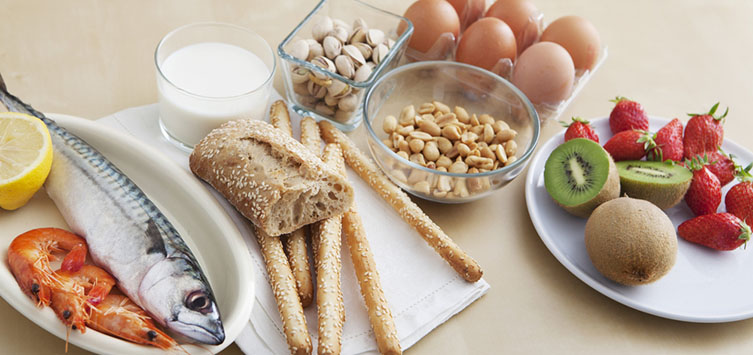Health
A Dietary Guide To Reducing Asthma Attacks
We’ve already discussed how to combat obesity and other lifestyle diseases with your diet. Today, we turn our attention to an appropriate diet for people with asthma.
Asthma is a long-term lung disease, in which airways in the lungs contact making it difficult to breathe. There are a variety of reasons for the onset of asthma attacks including living in a polluted place, allergens and even exertion.
Avoid Food Allergens
While you can’t help exposure to irritants in the air, you can control what you eat and make sure it does not trigger an attack. While almost any food can cause a reaction, common food allergens are eggs, milk, wheat, fish, peanuts and soy.
Try keeping a food journal and an attack journal to monitor whether you’re more likely to have an attack after eating a specific food.
Go Fruity
Various studies have found that fruits can go a long way in reducing the prevalence of attacks. According to a study by British researchers, eating five apples a week helped the breathing capacity of an experimental group. The apple skin contains quercetin which is an antioxidant that helps reduce the strain on inflamed airways.
Additionally, citrus fruits have been found to help lungs heal and function well; stock up on oranges, grapefruits, lemons and limes.
Other fruits that can help increase lung capacity and overall lung health are mangoes, cantaloupes, avocados and bananas.
Say Yes To Caffeine!
No jokes here. Caffeine in coffee, tea, sodas and chocolates can help open up swollen airways for upto four hours. Caffeine belongs to the same family of chemicals as theophylline, a drug used to treat asthma.
However, limit yourself to 2 cups of coffee per day; too much caffeine can be detrimental to your health in other ways.






















